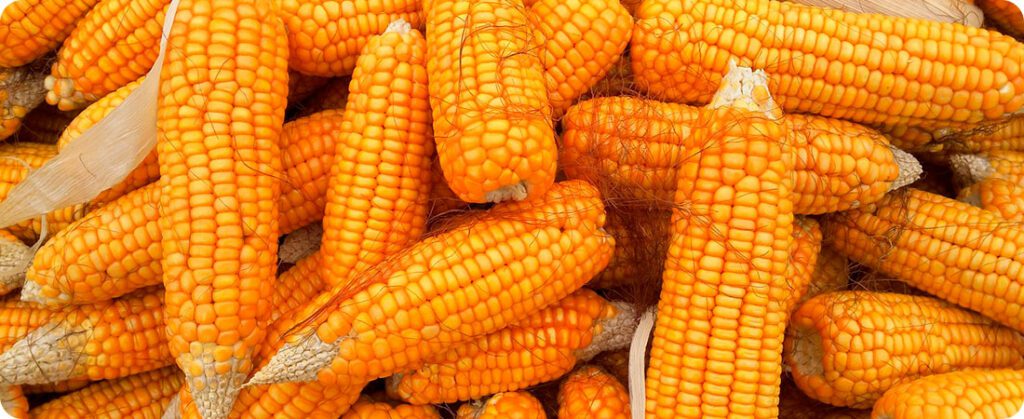
Driven by a series of investments and favorable prospects, corn ethanol has gained strength as a robust and sustainable alternative in the Brazilian energy scenario. With a growth of 800% in production over the last five years and optimistic estimates for the near future, this biofuel stands out not only for its efficiency, but also for its potential to boost regional economic development and mitigate environmental impacts.
To give you an idea, the production of ethanol based on corn jumped from 520 million liters in the 2017/18 harvest to 4.5 billion liters in the 2022/23 harvest, according to data from the National Confederation of Industry (CNI). This growth is directly linked to the massive investments made in the sector. The expectation is that corn ethanol will represent 19% of all ethanol consumed in Brazil in the 2023/24 harvest, according to the National Corn Ethanol Union (UNEM), consolidating itself as an integral part of the country's energy matrix.
Challenges and opportunities with corn ethanol
However, for this segment to continue advancing further, it is still necessary to overcome some barriers, such as the feared lack of storage. The country has insufficient infrastructure, with a static capacity of just 14% from a single harvest. Last year, excessive harvests of soya and corn resulted in losses of around R$ 30 billion, according to COGO Agribusiness Intelligence.
In Mato Grosso, the largest national grain producer, the storage deficit in the 2021/22 harvest was 57.1 million tons, considering all crops, according to the Mato Grosso Institute of Agricultural Economics (Imea). This is exactly one of the regions where corn ethanol plants have been installed. According to agricultural engineer Lalo Malinarich, head of the Nortène Group's Silox market, the first commercial production of this type of biofuel began in 2012, since then, the country has witnessed substantial growth in the sector, with 18 plants currently in operation. “Of these, 16 are located in the Central-West region, with emphasis on Mato Grosso, the main production leader, representing around 70% of the total”, he reinforces.
Promising future
In addition to being a renewable energy source, biofuel is recognized as a great value adder. The expert states that cereal production boosts the rural economy and food security by generating co-products such as oil and DDG. “Corn ethanol promotes energy and eucalyptus forests, highlighting sustainability in the production chain”, he highlights.
The energy efficiency of corn ethanol is a highlight, although its carbon footprint is still the subject of study and improvement. The USDA reports that corn ethanol emits 30% less carbon than gasoline, making it cleaner and more sustainable. “Compared to sugar cane, corn also has specific advantages that promote environmental sustainability. While sugarcane generates energy with bagasse, corn uses reforested wood chips, promoting renewable resources, says Malinarich.
The prospects for the corn ethanol sector in Brazil are good, with high expectations, according to the ANP. It is expected that 11 new plants will be put into practice, in addition to seven specific expansions in the manufacture of corn ethanol.
What about storage?
Despite advances, challenges such as the shortage of storage silos highlight the need for innovative solutions to ensure the efficiency of the production chain. In this context, the Nortène Group plays a crucial role in offering innovative solutions. Among these solutions, the silo bag from one of its brands, Silox, stands out. Therefore, the company's contribution is essential for advances in the sector.
For doctor in agronomy Sueyde de Oliveira Braghin, the company's agro market intelligence, the silo-bag, which is an option for mobile and easily accessible storage, allows storage from short to prolonged periods, aiming to guarantee the final quality of the grain For use. “This technology contributes to the efficiency and sustainability of the corn ethanol production chain, as we offer a solution, especially for the Central-Western States that suffer greatly from this situation every harvest”, he explains.
Furthermore, corn ethanol, given the energy transition, is a promising solution for Brazil's economic and social development. “With continuous investments and an approach focused on energy efficiency and mitigating environmental impacts, this biofuel is consolidating itself as a fundamental part, contributing to a greener future”, concluded the doctor.
Source: Notícias Agrícolas










